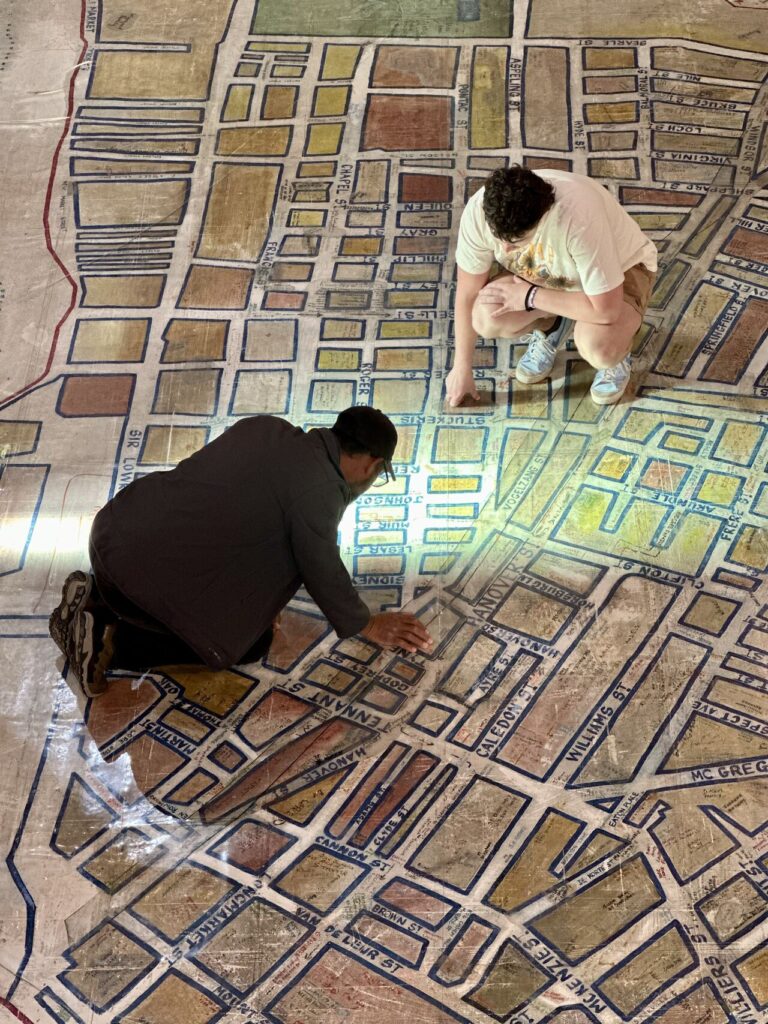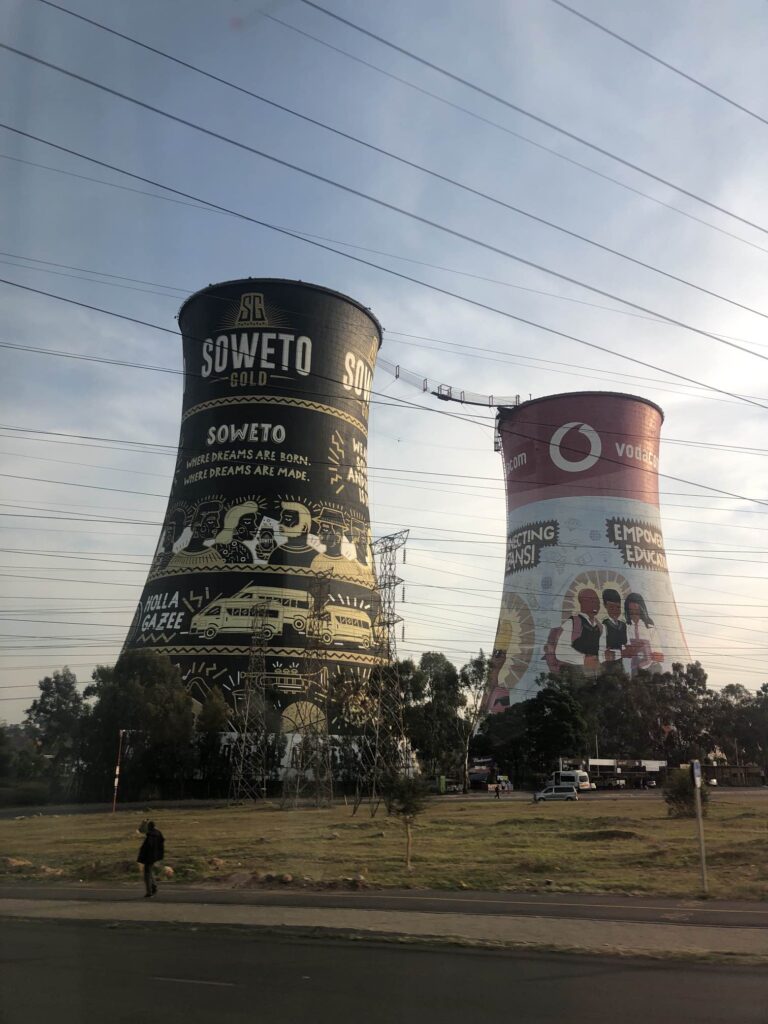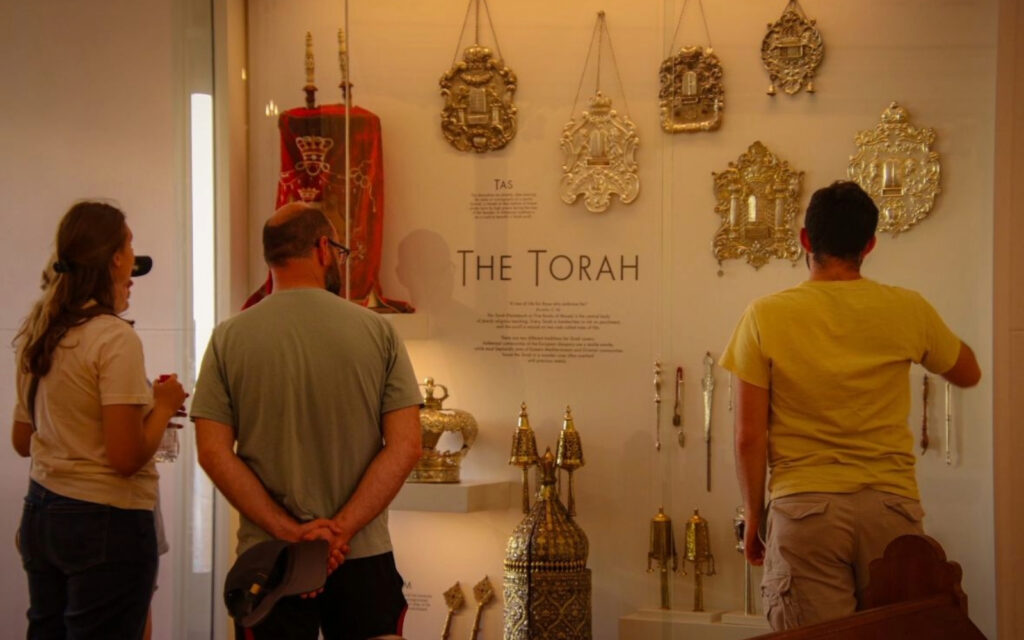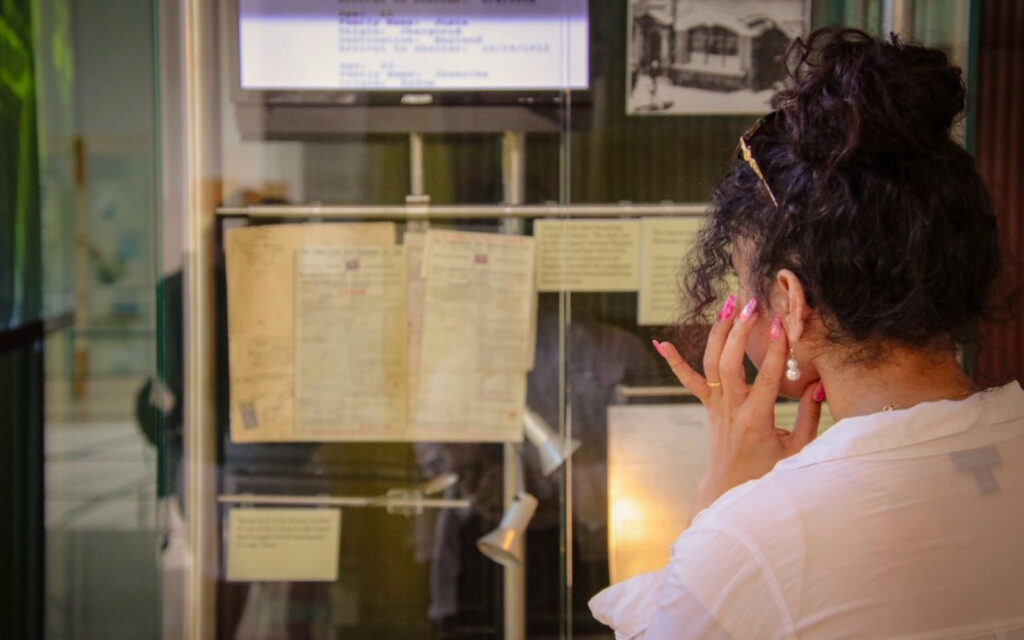SOUTH AFRICA
Law, Justice, and Culture
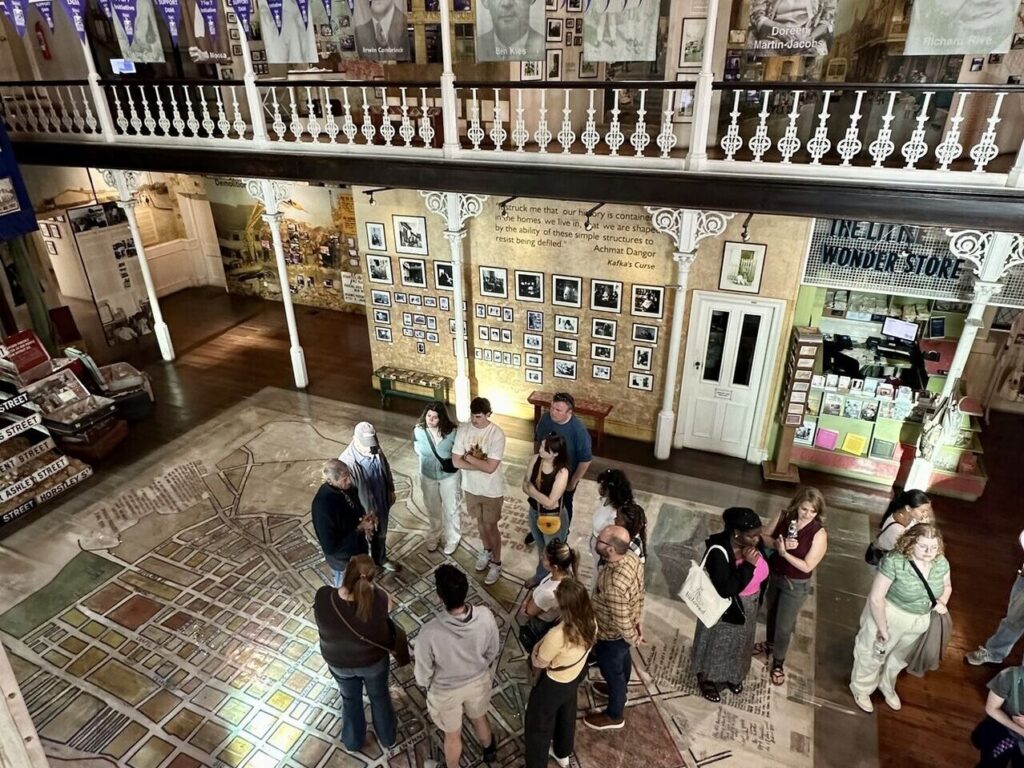
Program Overview
16
Days
15
Engagements
11
Students on program
The Ohio University Center for Law, Justice and Culture worked with our team to create a program centered around human rights, law, and the transition to democracy in South Africa. Haley Duschinski, professor of anthropology, and Larry Hayman, director of pre-law, created a program to help students explore South Africa’s path to democracy and learn more about its challenging history. The program began with a guided tour of Robben Island, the infamous maximum-security prison for political prisoners, including the late Nelson Mandela. Now a World Heritage Site and museum, the island is a reminder of the price paid for freedom. In addition to Robben Island, the group visited the National Museum, District Six Museum, the Jewish Museum, and Iziko Slave Lodge, focusing on the human rights atrocities and fight for justice in South Africa.
“The students immersed themselves in contemporary legal issues through preparation both in the United States and on the ground in South Africa.”
Larry Hayman, Director of Legal Engagement and Pre-Law
Adding Johannesburg to the program itinerary provided students with another lens from which to view the culture and history of South Africa. As the largest city in South Africa, Johannesburg is a hub for industry and innovation. Here students toured the Apartheid Museum, the historic Soweto neighborhood, and Constitution Hall, formerly a prison and a military fort that now houses the country’s constitutional court.
“Our WorldStrides arranged guide, Lerato, knew most everyone in the Soweto community, including Antoinette Sithole, the sister of activist Hector Pieterson,” said Hayman. “Spending time walking Soweto’s streets was a highlight of the students’ experience. A talented storyteller, Ms. Sithole connected horrific historical events to the present-day situation and where she sees hope for a more just South Africa in the future.”
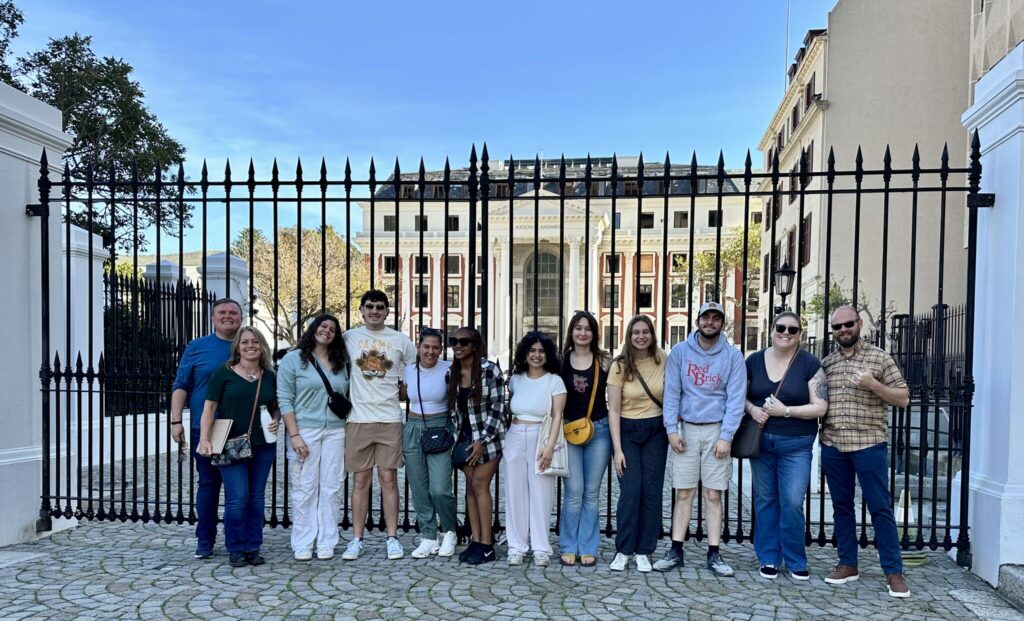
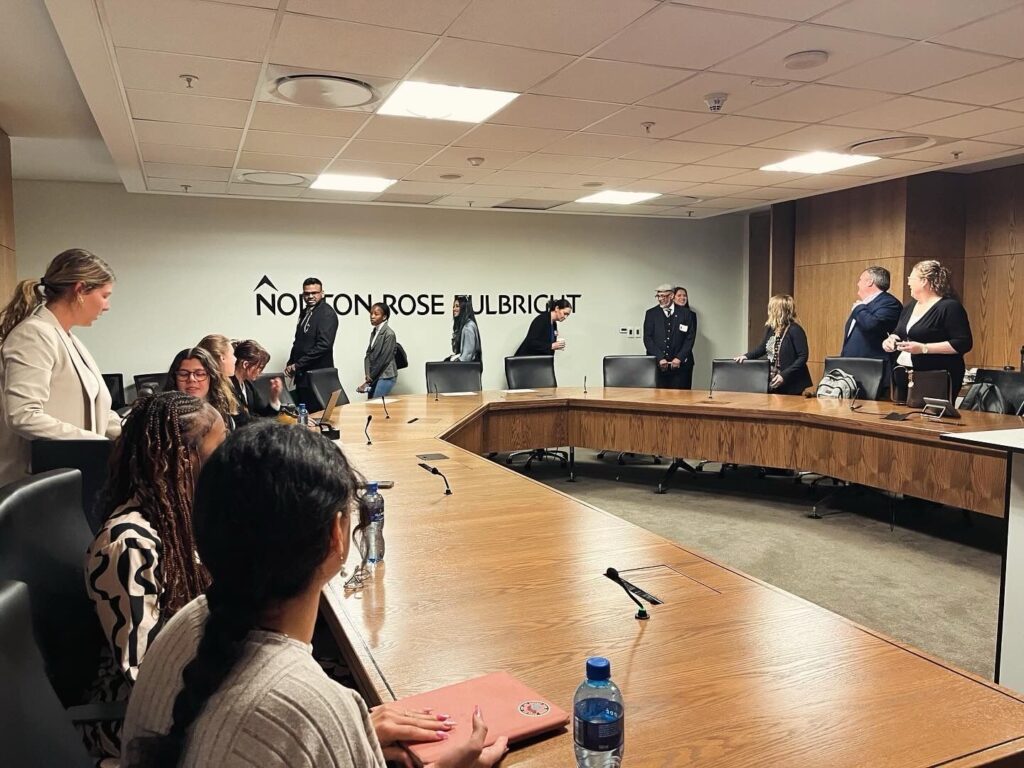
The program concluded with a moot court capstone on South African constitutional law using real legal scenarios. “The students immersed themselves in contemporary legal issues through preparation both in the United States and on the ground in South Africa,” added Hayman. A panel of esteemed South African lawyers from Norton Rose Fulbright global law firm served as judges, providing invaluable insights and feedback to the students.
“We also got to have authentic and vulnerable conversations with former TRC Commissioners, anti-Apartheid activists, global OHIO alumni, and prominent legal professionals at ProBono.Org,” said political science student Zachary. “This trip has reaffirmed my dedication to contributing to public service in any way I can and underscored both the importance and necessity of a robust human rights agenda.”
A look inside the program
